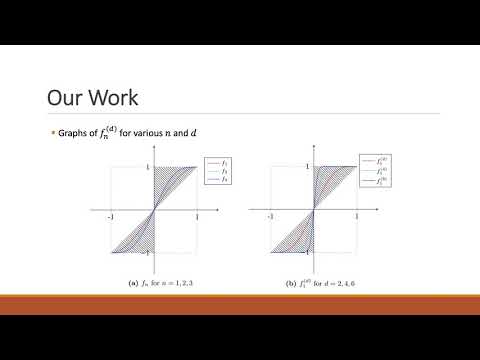CryptoDB
Efficient Homomorphic Comparison Methods with Optimal Complexity
| Authors: | |
|---|---|
| Download: | |
| Presentation: | Slides |
| Abstract: | Comparison of two numbers is one of the most frequently used operations, but it has been a challenging task to efficiently compute the comparison function in homomorphic encryption~(HE) which basically support addition and multiplication. Recently, Cheon et al.~(Asiacrypt~2019) introduced a new approximate representation of the comparison function with a rational function, and showed that this rational function can be evaluated by an iterative algorithm. Due to this iterative feature, their method achieves a logarithmic computational complexity compared to previous polynomial approximation methods; however, the computational complexity is still not optimal, and the algorithm is quite slow for large-bit inputs in HE implementation. In this work, we propose new comparison methods with \emph{optimal} asymptotic complexity based on \emph{composite polynomial} approximation. The main idea is to systematically design a constant-degree polynomial $f$ by identifying the \emph{core properties} to make a composite polynomial $f\circ f \circ \cdots \circ f$ get close to the sign function (equivalent to the comparison function) as the number of compositions increases. We additionally introduce an acceleration method applying a mixed polynomial composition $f\circ \cdots \circ f\circ g \circ \cdots \circ g$ for some other polynomial $g$ with different properties instead of $f\circ f \circ \cdots \circ f$. Utilizing the devised polynomials $f$ and $g$, our new comparison algorithms only require $\Theta(\log(1/\epsilon)) + \Theta(\log\alpha)$ computational complexity to obtain an approximate comparison result of $a,b\in[0,1]$ satisfying $|a-b|\ge \epsilon$ within $2^{-\alpha}$ error. The asymptotic optimality results in substantial performance enhancement: our comparison algorithm on $16$-bit encrypted integers for $\alpha = 16$ takes $1.22$ milliseconds in amortized running time based on an approximate HE scheme HEAAN, which is $18$ times faster than the previous work. |
Video from ASIACRYPT 2020
BibTeX
@article{asiacrypt-2020-30665,
title={Efficient Homomorphic Comparison Methods with Optimal Complexity},
booktitle={Advances in Cryptology - ASIACRYPT 2020},
publisher={Springer},
doi={10.1007/978-3-030-64834-3_8},
author={Jung Hee Cheon and Dongwoo Kim and Duhyeong Kim},
year=2020
}

